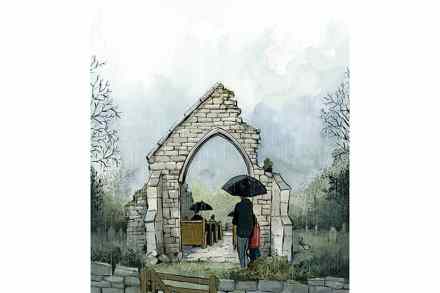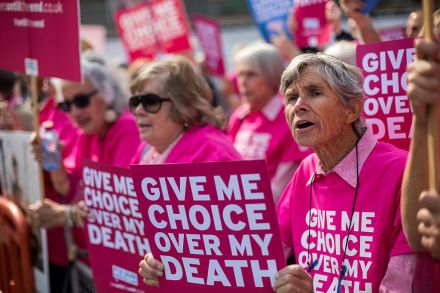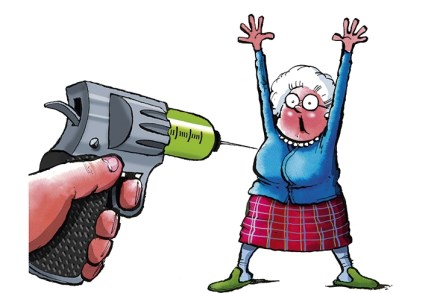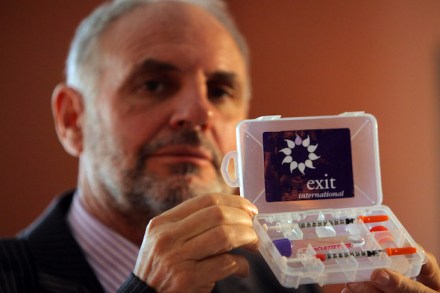Letters: Don’t let the parish perish
Parish problems Sir: Emma Thompson draws attention to a serious problem in the Church of England (‘Power to the parish’, 25 September). Why are they trying to make it easier to close down parishes when the parish is where the people are to whom the church must minister? The parish is also the major funder of the C of E through the generosity of its many local donors. If you take away the incumbent, you take away a major portion of the income for both parish and diocese. One reason many parishes struggle to pay their parish share is because it has been swelled by the diocese to pay for the ever-growing















